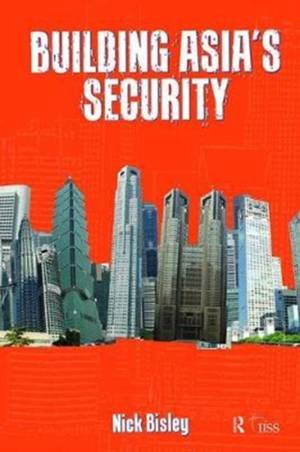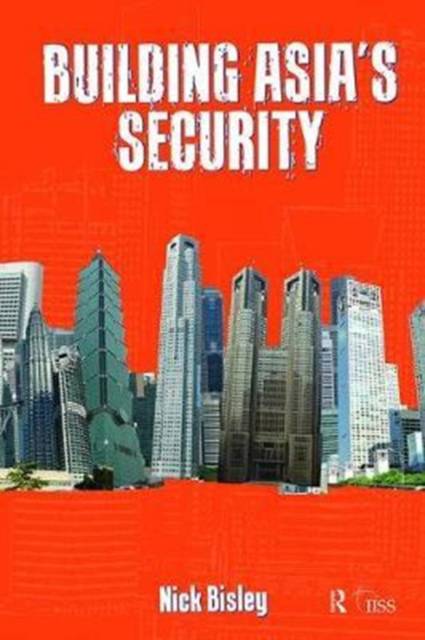
- Afhalen na 1 uur in een winkel met voorraad
- Gratis thuislevering in België vanaf € 30
- Ruim aanbod met 7 miljoen producten
- Afhalen na 1 uur in een winkel met voorraad
- Gratis thuislevering in België vanaf € 30
- Ruim aanbod met 7 miljoen producten
Zoeken
Omschrijving
This book provides a systematic analysis of the current state and future trajectory of security cooperation in the worlds most economically dynamic and strategically uncertain region. It explains the rapid rise of a complex array of security mechanisms in Asia and argues that their limited influence on Asian states security policy derives from a combination of institutional and diplomatic shortcomings, as well as the broader mistrust and strategic uncertainty evident in the region. As such, the paper argues that Asia presently has a fractured security architecture and that this likely to remain the case in the short term. Although current security cooperation is not providing substantive reassurance to many regional powers, indeed it is to some degree masking the growing wariness among many regional powers, institutional mechanisms can contribute to the creation of a stable regional order in Asia and the prospects of such efforts are politically plausible, but by no means inevitable. Provided they are well designed and have sufficient political capital invested in them, security institutions can be capable of providing regional security public goods that are not available through other means, and which the region will need if it is to be able to make good on its potential.
Specificaties
Betrokkenen
- Auteur(s):
- Uitgeverij:
Inhoud
- Aantal bladzijden:
- 160
- Taal:
- Engels
- Reeks:
Eigenschappen
- Productcode (EAN):
- 9781138405639
- Verschijningsdatum:
- 15/11/2017
- Uitvoering:
- Hardcover
- Formaat:
- Genaaid
- Afmetingen:
- 156 mm x 233 mm
- Gewicht:
- 452 g

Alleen bij Standaard Boekhandel
+ 459 punten op je klantenkaart van Standaard Boekhandel
Beoordelingen
We publiceren alleen reviews die voldoen aan de voorwaarden voor reviews. Bekijk onze voorwaarden voor reviews.











